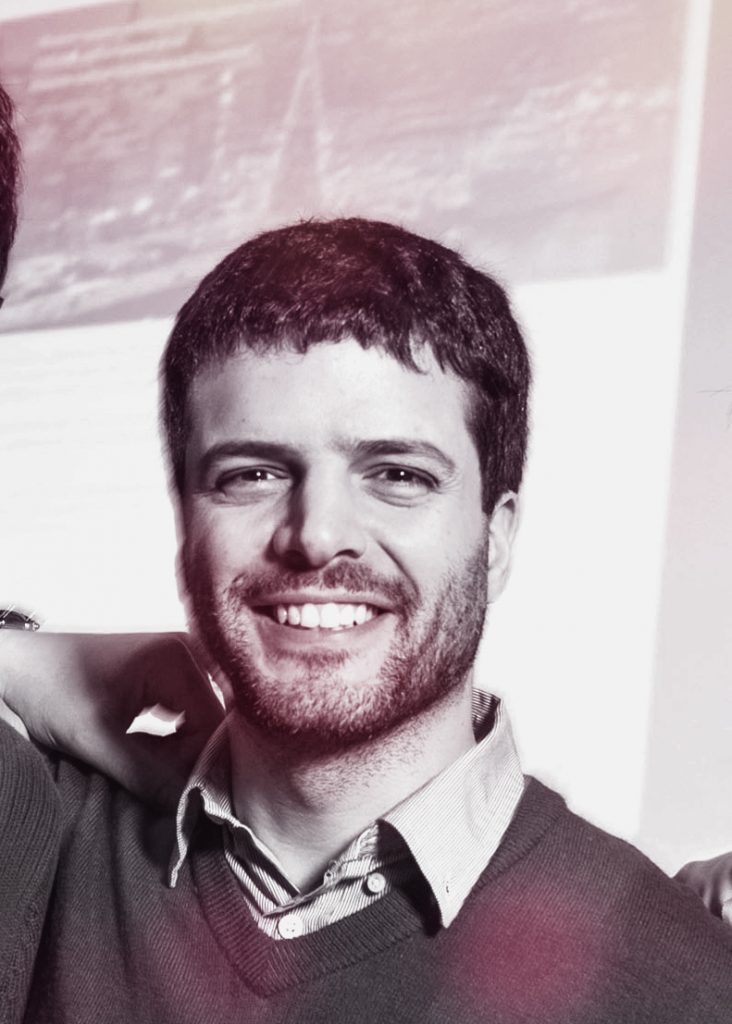
Gabriel Victoria
Biography
Dr. Victora is a Whitehead Fellow at the Whitehead Institute for Bio-medical Research in Cambridge, Massachusetts, where he heads the Laboratory of Lymphocyte Dynamics. He received his Ph.D. from New York University School of Medicine for work done jointly at this institution and at the Rockefeller University. His work combines mouse genetics with intravital microscopy to study the development of high-affinity antibodies in the germinal center. He is a recipient of the 2011 Weintraub Award for Graduate Research, the 2012 March of Dimes Foundation Basil O’Connor Scholar Award, and the 2012 National Institutes of Health director’s Early Independence Award.
Synopsis
Stop, Go, and Evolve
Pathogens evolve fast. RNA-based viruses, such as influenza and HIV, incorporate mutations in their genomes at the brisk rate of one change per 105 bases each time they replicate (the error rate in our own genome is one per ∼1010 bases) (1). DNA-based viruses and bacteria have per–base pair rates closer to our own, but these rates still dwarf ours because of their vastly shorter generation times (2). How can our immune systems cope with this astounding rate of evolution? Part of the answer lies in a remarkable real-time Darwinian process that enables our defenses to adapt at breakneck speed.
